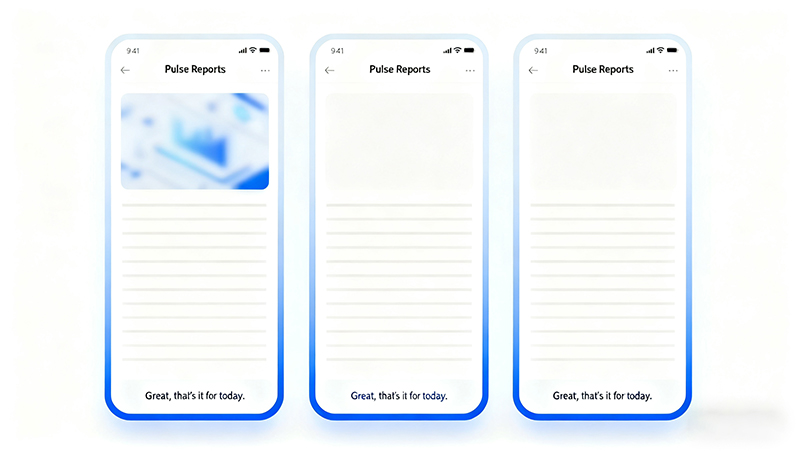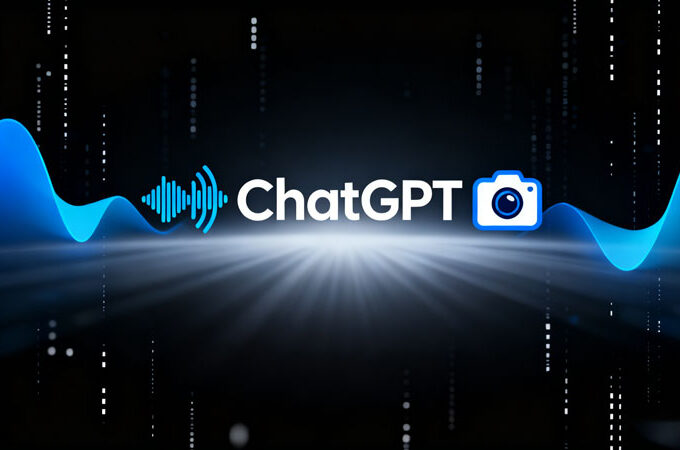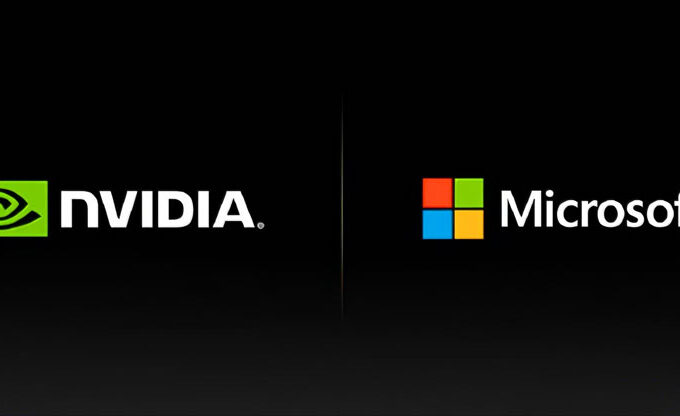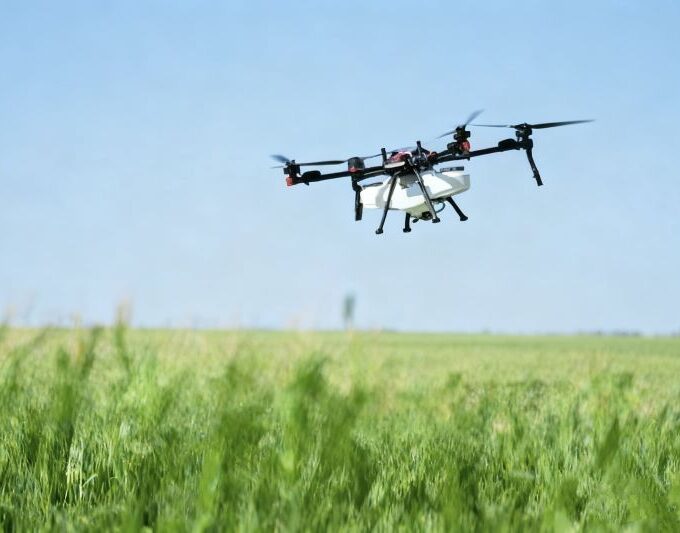OpenAI has officially introduced a new built-in feature for ChatGPT called Pulse, which automatically generates personalized reports while users sleep. Pulse provides users with 5 to 10 briefings daily, helping them quickly grasp important information for the day. The goal is to encourage users to make ChatGPT the first app they check in the morning—similar to checking social media or news apps. Pulse is part of a broader shift in OpenAI’s consumer product strategy, with the company’s recent designs focusing more on working asynchronously for users rather than merely responding to queries. Features like ChatGPT Agents or Codex aim to make ChatGPT more like an assistant than just a chatbot. With Pulse, OpenAI clearly intends to make ChatGPT more proactive.
OpenAI’s new Head of Applications, Fidji Simo, stated in a blog post: “We are building AI to make the level of support that was once only available to the wealthiest individuals accessible to everyone over time. ChatGPT Pulse is the first step in that direction—starting today with Pro users, with the goal of extending this intelligence to everyone.” OpenAI CEO Sam Altman indicated earlier this week that some of ChatGPT’s new “compute-intensive” products would be limited to the company’s most expensive subscription plans—Pulse being one of them. OpenAI has previously mentioned that the number of servers powering ChatGPT is severely constrained, and the company is rapidly working with partners like Oracle and SoftBank to build AI data centers and increase capacity.
Starting Thursday, OpenAI will roll out Pulse to subscribers of the $200-per-month Pro plan. The feature will appear as a new tab within the ChatGPT application. The company expressed its intention to eventually make Pulse available to all ChatGPT users, with Plus subscribers gaining access soon, though improving product efficiency is a prerequisite. Pulse reports can include news summaries on specific topics—such as updates for a particular sports team—as well as personalized briefings based on the user’s individual context. In a demo for TechCrunch, OpenAI Product Lead Adam Fry showed several reports generated by Pulse for him: a news summary about the English football club Arsenal; group Halloween costume suggestions for his wife and children; and a toddler-friendly travel itinerary for his family’s upcoming trip to Sedona, Arizona.
Each report is displayed as a “card,” containing both generative AI-created images and text. Users can click on each card to view the full report and then ask ChatGPT questions about the content. Pulse proactively generates some reports, but users can also request new automated reports or provide feedback on existing ones. A key feature of Pulse is that it stops after generating a few reports and displays the message: “Great, that’s it for today.” According to Fry, this is an intentional design choice meant to distinguish the service from social media apps optimized for engagement.

According to the latest news, Pulse is compatible with ChatGPT’s connectors, allowing users to link applications like Google Calendar and Gmail. Once set up, Pulse parses the user’s emails overnight, highlighting the most important messages in the morning, or accesses their calendar to generate agendas for upcoming events. If users have enabled ChatGPT’s memory feature, Pulse also draws context from previous conversations to improve report quality. OpenAI’s Personalization Lead, Christina Wadsworth Kaplan, provided an example of how Pulse automatically recognized her passion for running and created an itinerary for her upcoming trip to London that included running routes. Wadsworth Kaplan described Pulse as a “brand-new capability” for consumer products. As a pescatarian, she mentioned that Pulse checks her calendar dinner reservations and finds menu items that align with her dietary preferences.
However, it’s hard to ignore that Pulse may compete with existing news products like Apple News, paid newsletters, or traditional news media. Fry does not expect Pulse to replace the variety of news apps people use; the feature cites information sources via links, similar to ChatGPT’s web search. Whether Pulse justifies the computational resources it requires remains to be seen. Fry noted that the computational power the service uses for a given task “varies dramatically”—being quite efficient for some tasks, while others may require web searches and synthesizing numerous documents. Ultimately, OpenAI aims to make Pulse more agent-like, capable of tasks such as booking restaurants on behalf of users or drafting emails for users to approve and send. But such capabilities are likely still some way off and may require significant improvements to OpenAI’s agent models before users trust them to make such decisions.












